| |
April
Fools' Day
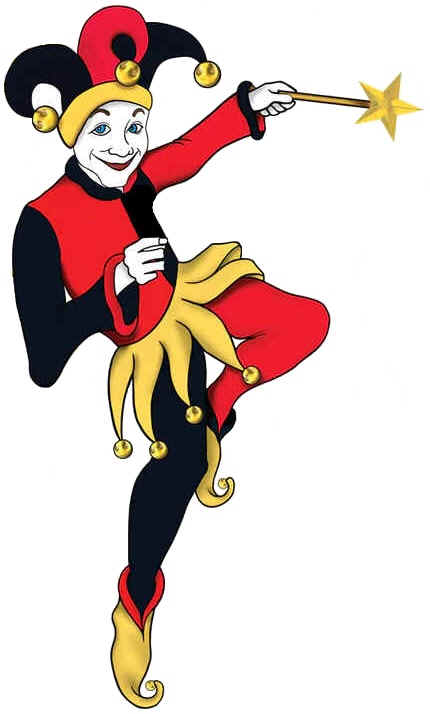
The court jester was often called "The Fool", but
that is because he only acted a fool, and performed slap-stick comedy for the
royal court.
| Origin of April Fool's Day
Nobody knows the origin of April Fool's day, but apparently it is
widely celebrated all around the world. Earliest mentions go back to
medieval times in Europe. (Source: Wikipedia).
Here's a synopsis of the Wikipedia article.
Apparently, nobody can trace the actual beginning of the April Fool's
tradition. However, there are some mentions of the holiday going
back to the middle ages all over Europe and the Middle East. One
hypothesis suggests that it goes all the way back to when Noah sent the
dove on a "fool's mission" to seek dry land. But, that
can't be true, because according to my research Noah entered the ark in
April and sent the dove out 150 days later in September. But there
is a reason for that hypothesis. Apparently the ancient tradition of
"April Fool's Day" was to send someone on a fool's errand.
However, it is this author's opinion that since Noah entered the ark
(and sealed it up) in April, then April fool's day acknowledges all the
fools that laughed at Noah for building the ark. |
| |

Tarot: "The Fool"
The number of the tarot card that features the fool is one. I
think what is meant by that is that the fool thinks that he/she is solely
and independently responsible for his/her successes in life. The
fool thinks that he/she can do it alone. The fool goes it alone, and
fails to recognize that he/she is part of a collective, and that he/she is
nothing without others (both spiritual and physical). |
April Fool's Day is on April 1st every year.
It seems to
be celebrated all around the world, at least in the countries that I have been
to.
In the USA, it is the day that people play
practical jokes and pranks on others.
See what people do in other countries...
|
April Fool's Day in the East |
|
April Fools' Day is very similar to the Korean
festival/day:
만우절 (萬愚節)
say: /mahn-oo-jeol/
which literally translates thusly:
Mahn = "Unexpected"; OO = "Fool";
Jeol = "Festival"
And, it is similar to the Chinese festival/day:

say: /yu2 ren2
jie2/
which literally translates thusly,
Yu = "Fool(ish)"; Ren = "Person";
Jie = "Festival"
As I
understand it, in Korea, Mongolia,
and Vietnam students usually try to fool their teachers, literally
making a fool out of them (and I was a teacher in all of those countries). It's all in fun, of course. In North
America, however, people try to play tricks on their family and friends.... and,
maybe teachers, too. But mostly people (not only children) try to
fool/trick their loved ones. Again, it's all in fun. Chinese seem to
do the same as the Americans on this day.
I hope you have a Happy April Fools' Day!
Sincerely,
Leon.
|
| |

English |
|

Spanish
|

Korean |

Mongolian |

Chinese |
|
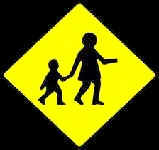
Parents of
Homeschool
|
|

Halloween
|
|

Thanksgiving
|
|
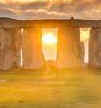
Winter Solstice
|
|

Christmas
|
|

New Years
|
|
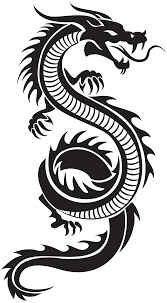
Chinese Lunar
New Year
|
|
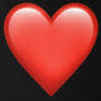
Valentine's
|
|

|
|
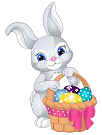
Easter
|
|

All About
Dr. Seuss
|
|
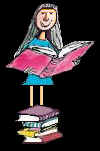
Roald Dahl
|
|
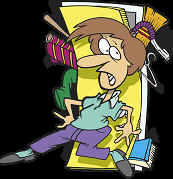
Prepper's
Pen |
|

Ways to
Help
Leon's Planet
|
|